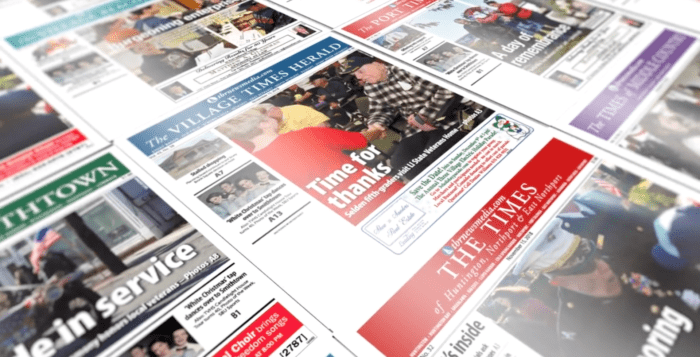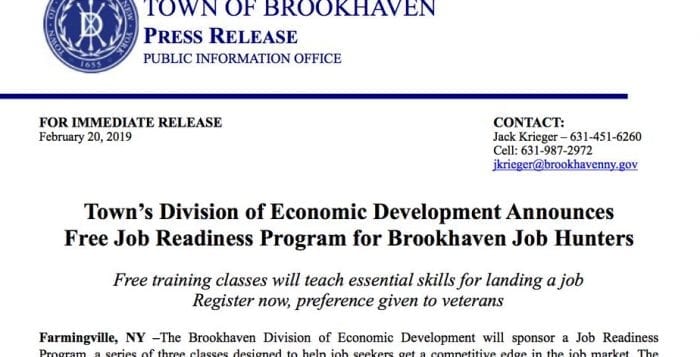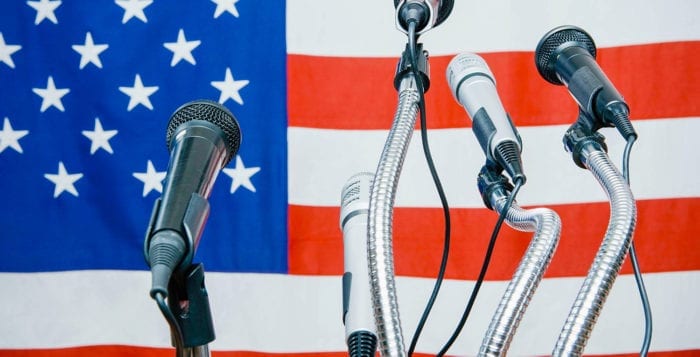When The New York Times recently published an editorial titled “Don’t Cancel That Newspaper Subscription,” it caught our attention. Not just because of the subject matter — anything about the general decline of local newspapers is, of course, something we’re very concerned about — but because of the struggles each reporter and editor faces while trying to do their jobs.
The beginning of the editorial tells the story of John Seigenthaler, initially a young reporter with The Tennessean who saved the life of a man he was interviewing back in the 1950s. Seigenthaler went on to become editor and then publisher for the local paper and was at the forefront of civil rights coverage in the heart of the segregated South. However, the piece is not a love letter to the local papers of the 20th century; it’s a cry for help for the publications of today.
The editorial touches on how newspapers and their newsrooms have become smaller over time, even before the coronavirus pandemic diminished the amount of advertising, the main source of revenue papers rely on. Over the years, local publications have been suffering as more and more readers take to the internet to get their daily or weekly dose of news. It also doesn’t help that the false moniker of “fake news” is thrown around by too many without a care for the consequences such an impetuous statement can create.
According to the editorial, newsrooms across the country lost half their journalists between 2008-19. Citing a recent Business Insider article, the writer Margaret Renkl, said “a staggering” 7,800 journalists lost their jobs in 2019.
The writer goes on to tell the story of how The Tennessean recently ran an ad that many found appalling and racist, but she urged people not to cancel their subscriptions. She not only cited how the publisher quickly tried to rectify the situation by pulling it from future editions and firing the sales manager that approved it, but she pointed out many other things, too. Despite the extreme lack of judgment in placing the ad, even with a shortage of journalists due to cutbacks over the years, the paper still covers and publishes a variety of topics that show it is still doing everything in its power to maintain a balanced and reputable publication.
We get this. There have been times when some may not have been pleased with an article, letter or editorial in our newspapers. That is perfectly fine, and we invite reasoned criticism from all in our letters to the editor. But as Renkl wrote in her editorial, “As the ‘first rough draft of history’ journalism will always be prone to mistakes.” We, perhaps beyond any other industry, not only invite justified review of our papers, but we also actively try to improve, working many, many hours to try to get the story of local happenings. We cannot be everywhere and cover everything, but we do our best.
Canceling your subscription to a newspaper only hastens the death of journalism. We’ve written it before on this page, and we’ll put it out there again: If newspapers and journalists didn’t exist, who would tell you what leaders are up to? Who would be there to challenge their responses when something doesn’t sound quite right? And this is even more important with our local leaders, especially as more news networks focus on the national side of our society.
Without local papers, where would readers go to find out what fun activities are going on right in their own town? Who would celebrate the academic and athletic achievements of our local students?
Unfortunately, the days of local newsrooms brimming over with editors and reporters, who could run out and cover every incident in town, may be over, but pulling out a newspaper from the mailbox or picking one up on the newsstand doesn’t need to end.
Let’s work together to keep local journalism alive. With each subscription, just like with each ad, we are empowered to continue and enabled to cover more of our communities’ activities for the benefit of all.










